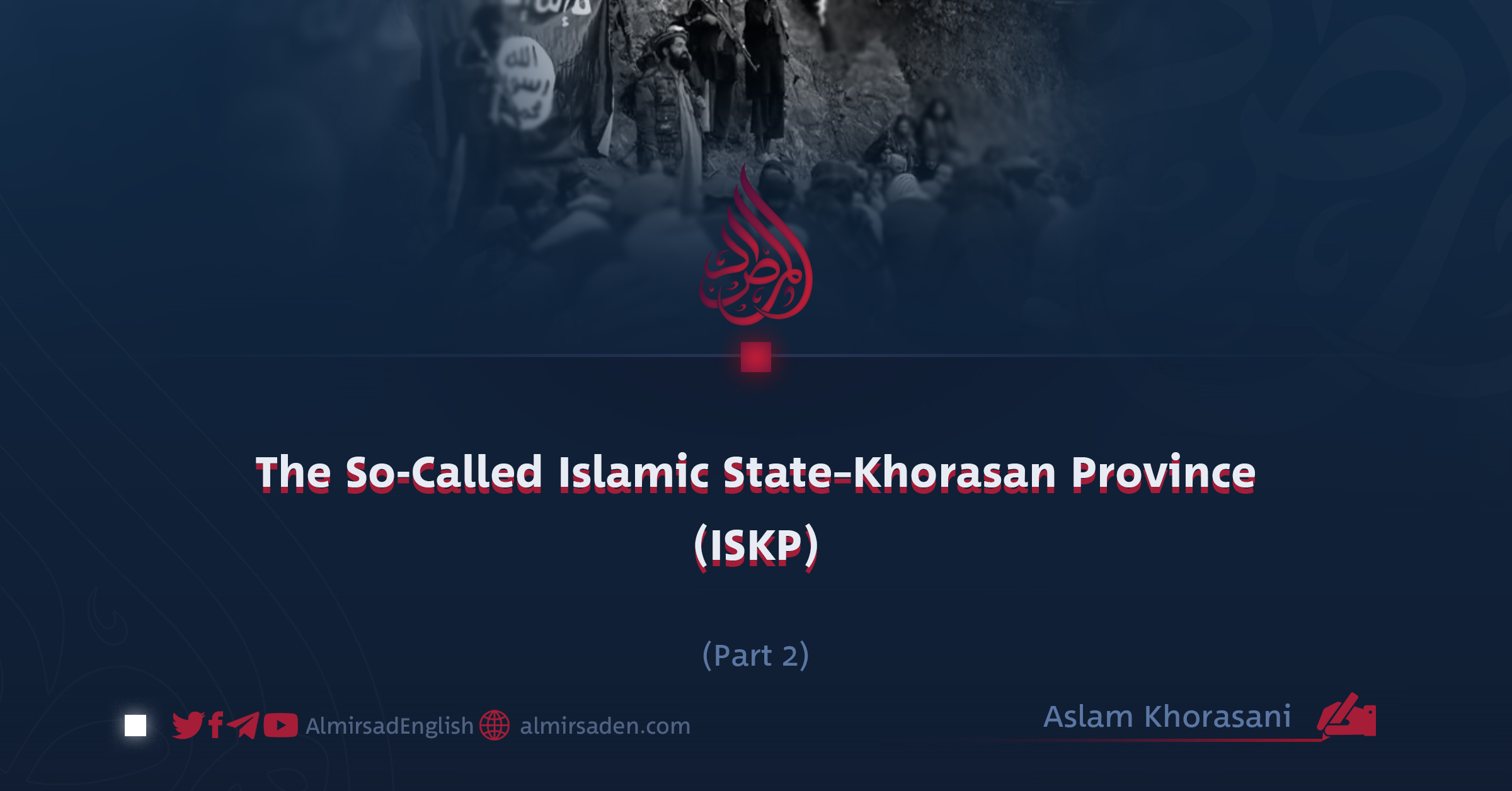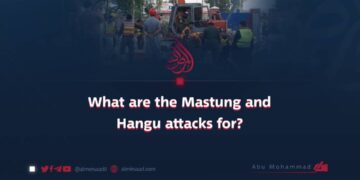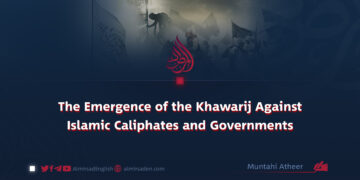Part 2
Authored by: Aslam Khorasani
Why Is Afghanistan Important for ISIS?
Afghanistan has long stood—and may continue to stand—as a battleground for the ambitions of global powers. This is not only due to its vast, untapped natural resources and strategic geographic position but also because of the enduring resilience, courage, and strength of its people. These characteristics grant the country a distinctive importance on both regional and international stages.
The unique geographical location of Afghanistan makes it a vital crossroads, offering swift and direct access to various parts of Asia. This geostrategic advantage has not gone unnoticed by the so-called Islamic State – Khorasan Province (ISKP), a group that seeks to export its extremist ideology wherever it can find fertile ground.
ISIS has carefully studied the region’s dynamics and devised specific strategies to penetrate Afghanistan. The emergence of an Islamic system founded on justice, rooted in the people, and responsive to their values has deeply unsettled ISIS and its ideological allies. For a group whose existence is based on exploiting chaos, witnessing the establishment of a stable Islamic system is not only frustrating but threatening.
To ISIS and its backers, a governance system that rises from among the people and is committed to implementing authentic Islamic justice represents a bitter and intolerable reality. As a result, the group has predictably launched ideological, military, and propaganda-driven offensives against the government, the system, and the Afghan nation.
A careful analysis of ISIS’s long-term goals and expansionist agenda reveals that Afghanistan holds critical importance for its ideological warfare. For ISIS, Afghanistan is not merely another battlefield; it is a strategic springboard—a potential base from which to pursue broader geographical objectives and ideological expansion.
ISIS believes that by destabilizing the existing system in Afghanistan, it can infiltrate the minds of the younger generation—particularly youth who have grown up under the pressure of war, poverty, and the betrayal of corrupt and puppet regimes. The psychological scars left by decades of conflict, coupled with economic hardship and shattered trust, make some segments of society vulnerable to manipulation.
The group calculated that Afghanistan’s historically defiant and brave population—one that has long resisted foreign domination—could be weaponized for its own ambitions. ISIS sought to exploit this spirit of resistance by channeling it toward its own extremist objectives. But their plan failed.
With the establishment of a system based on Islamic principles and justice, ISIS’s illusions crumbled. The people of Afghanistan were not seduced by empty slogans and foreign-engineered radicalism. Unlike ISIS, which is widely believed to be an intelligence-backed project designed to destabilize Islamic societies from within, the Afghan Islamic system has popular legitimacy and deep-rooted foundations in faith and culture.
In its quest to portray itself as a formidable global player, ISIS needed to claim control over a region of symbolic and strategic significance. From its distorted perspective, Afghanistan appeared to be the ideal location—a land where an Islamic movement had already taken hold. In an attempt to usurp this ground, ISIS sought to turn Afghanistan into a fortress for its ideological warfare and global outreach.
But Allah, the Exalted, protected the people of this land. With the rise of a government grounded in Islamic justice, Afghanistan was delivered from the danger posed by ISIS and similar deviant factions. Though deprived of its ambitions, ISIS retaliated with intensified violence in the early years of the new system. Nevertheless, the group’s lack of local roots and popular legitimacy doomed it to the same fate as previous foreign occupiers and enemies: defeat, disgrace, and rejection.
Deprived of their hopes, ISIS intensified its destructive attacks during the early years of the Islamic system. However, since this group has no roots in this land, and Afghanistan cannot be a safe haven for foreign factions, like other occupiers and enemies, ISIS too faced defeat, humiliation, and disgrace. It will be recorded in the history of Afghanistan’s resilient nation as yet another disgraced enemy.
ISIS’s narrative casts Afghanistan as more than a center of revival—it is viewed as a strategic corridor to future conquests. Its backers understand that controlling Afghanistan could facilitate access to other regions and help in executing long-term ideological and territorial plans. Yet, history will record that, like many before it, ISIS too failed to conquer the will of a nation forged by faith, resistance, and unwavering resilience.



















































